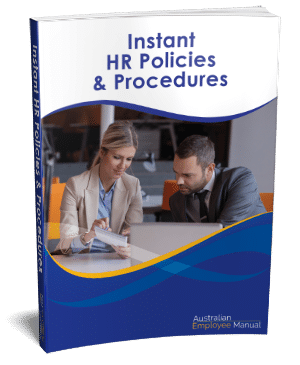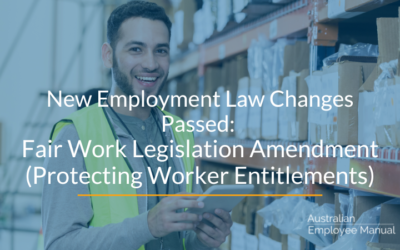What is the minimum wage increase?
The national minimum wage is the lowest amount that employers can pay employees in Australia. It applies to employees who are not covered by an award or agreement, and affects about 0.7% of all Australian employees.
The Fair Work Commission reviews the national minimum wage every year and sets a new rate based on various economic and social factors.
The Fair Work Commission also reviews the minimum wage rates in modern awards and some modern enterprise agreements. These are legal documents that set out the minimum pay and conditions for specific industries and occupations. About 20.5% of all Australian employees are paid the minimum wage rates in modern awards.
The Fair Work Commission has announced that from the first full pay period after 1 July 2023, the national minimum wage will rise to $882.80 per week or $23.23 per hour (an 8.65% increase).
Employees covered by an award or agreement will also receive a 5.75% pay increase from the same date.
A reminder that if you have a registered agreement, the minimum wage increase may also apply as the base rates in a registered agreement cannot be less than the base rate in the relevant award.
Why did the Fair Work Commission decide to increase the minimum wage?
The Fair Work Commission considers a range of factors when it decides to increase the minimum wage, such as:
- The performance and outlook of the Australian economy
- The living standards and needs of low-paid workers and families
- The impact of the minimum wage on employment, inflation, and productivity
- The views of stakeholders such as business, employers, unions, and the Federal and States governments
This year, the Fair Work Commission noted the unusual combination of low unemployment, falling real wages and high inflation, along with an expected sharp slowdown of economic growth over the next year, as factors that influenced their decision.
The Fair Work Commission also observed that low-paid workers had experienced a decline in real wages (adjusted for inflation) over the past year, while facing higher costs of living.
The Fair Work Commission decided to increase the minimum wage by more than usual to help low-paid workers maintain your living standards and support economic growth.
What do small businesses need to do now?
Small businesses need to prepare for the minimum wage increase by taking the following steps:
- Check which employees are affected by the minimum wage increase: Small businesses need to identify which of their employees are covered by the national minimum wage or an award or agreement that specifies a minimum wage rate. You also need to check if you have any registered agreements that may be affected by the minimum wage increase.
- Update your payroll systems and records: Small businesses need to update payroll systems and records to reflect the new minimum wage rates from the first full pay period after 1 July 2023. You need to ensure that you are paying your employees correctly and on time, as well as meeting your tax and superannuation obligations.
- Communicate with your employees: Small businesses need to inform employees about the minimum wage increase and how it will affect their pay and conditions. You need to provide them with a pay slip that shows your new pay rate and any other changes. You also need to address any questions or concerns that your employees may have.
- Subscribe to the Fair Work Ombudsman update service: Small businesses can subscribe to the Fair Work Ombudsman free update service to be notified when the new pay rates are released for your awards or agreements. You can also access other resources and information on the Fair Work Ombudsman website that can help you comply with your workplace obligations.




